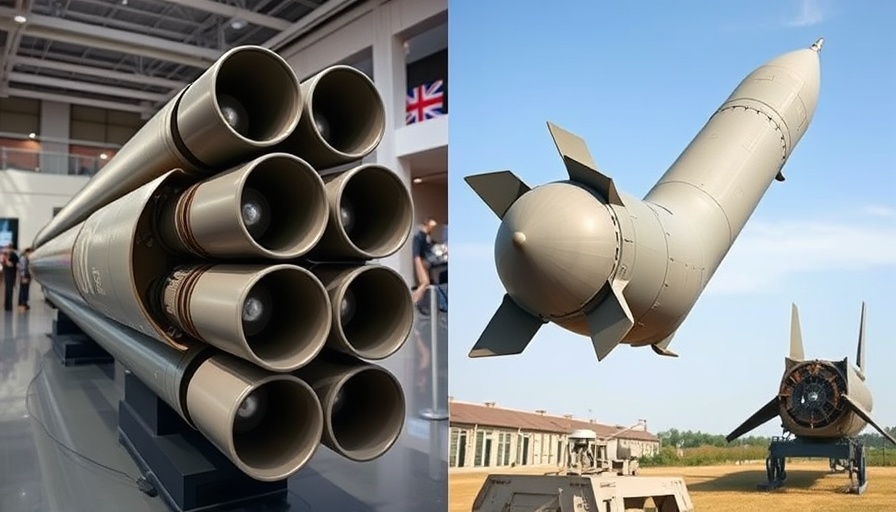
Uncovering Iran's Nuclear Ambitions: What Happened?
Recent reports reveal that Iranian officials have struggled to effectively manage their enriched uranium supplies amid escalating tensions in the Middle East. Israeli intelligence has indicated that Iran has not relocated enriched uranium from key nuclear sites in Fordo, Natanz, and Isfahan before significant military actions were taken by Israel and the United States. This can be seen as a monumental failure in the eyes of international observers, drawing attention to the precarious situation surrounding nuclear proliferation in the region.
Why Should Christians Care About Iran's Nuclear Status?
For many Christians, awareness of geopolitical tensions is crucial not just from a political standpoint but from a humanitarian perspective. The implications of Iran’s nuclear ambitions extend beyond the borders of Iran and Israel; they resonate with biblical prophecies regarding international conflict and human suffering. Understanding the intricacies of these situations can deepen our engagement with world events as we seek to support peace and justice.
The International Community's Response
The fallout from Iran's inability to secure its nuclear materials has drawn sharp responses from the international community, particularly from Western nations that view nuclear proliferation as a significant threat to global security. Christians who advocate for peace may feel compelled to engage in dialogue about these tensions, encouraging their communities to focus on humanitarian responses rather than militaristic solutions. There is a growing need to advocate for diplomacy and constructive dialogue to address these concerns without escalating violence.
Religious Tensions and the Global Christian Response
As tensions rise in the Middle East, it's vital for the global Christian community to consider their role in promoting peace. Iran's nuclear program is intertwined with religious and cultural dynamics that complicate potential resolutions. Persecuted churches in the region often find themselves caught in the crossfire of political and religious turmoil. Understanding the broader context can help Christians better support the persecuted church through advocacy, prayer, and direct assistance.
What Can We Do? Practical Steps for Advocacy
Engagement in advocacy efforts can take many forms. Many organizations work tirelessly to support the persecuted church throughout the Middle East and provide humanitarian aid to those affected by conflict. Christians are encouraged to:
- Stay informed about developments in the region and share insights within their communities.
- Support organizations that are working to alleviate the suffering of those caught in conflict.
- Participate in interfaith dialogues aimed at understanding and resolving issues of mutual concern.
By taking these actions, Christians can contribute positively towards resolving the challenges presented by Iran's nuclear ambitions and the accompanying humanitarian crises.
Reflecting on the Bigger Picture
Considering the geopolitical complexities surrounding Iran’s nuclear capabilities, Christians are called to reflect on their values—mercy, justice, and compassion. As events unfold, our choices and voices matter. We must be prepared to stand for peace and social justice in a world that is often unjust. The call is clear: we are to engage, understand, and advocate.
Join the conversation. Support dialogues that lead to peace.
 Add Row
Add Row  Add
Add 








Write A Comment